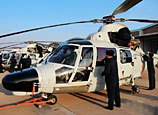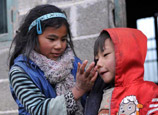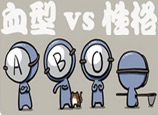
He said about 1.7 million residents had received flu shots this winter, mostly elderly people and students.
Deng Haihua, spokesman for the Ministry of Health, said the flu virus had not mutated and "vaccines provide good protection from H1N1, H3N2 and the influenza B strain".
Health specialists added that vaccines also help counter the severity of other illnesses, such as pneumonia, brought on by the flu.
Vaccination costs may be a factor.
Flu shots come under the second category in the government's immunization plan, and this means that people in some areas have to pay more than 100 yuan ($16) for an imported variety of the vaccine.
Shu urged the government to cover the expense to help boost vaccinations.
Beijing has given free flu shots to the young and elderly since 2011 and that helped boost inoculation rates among the elderly to 75 percent and 50 percent for the young.
Because of this, the chances of an outbreak occurring here similar to what they are seeing in the US have been greatly reduced, said He, from the Beijing center.
At present, the US is experiencing its worst flu season since 2009. Many states reported vaccine shortages.
The World Health Organization estimates that flu kills 250,000 to 500,000 people worldwide each year.

















 Why supervision on 'drug chicken' lacks intensity?
Why supervision on 'drug chicken' lacks intensity?


![]()
